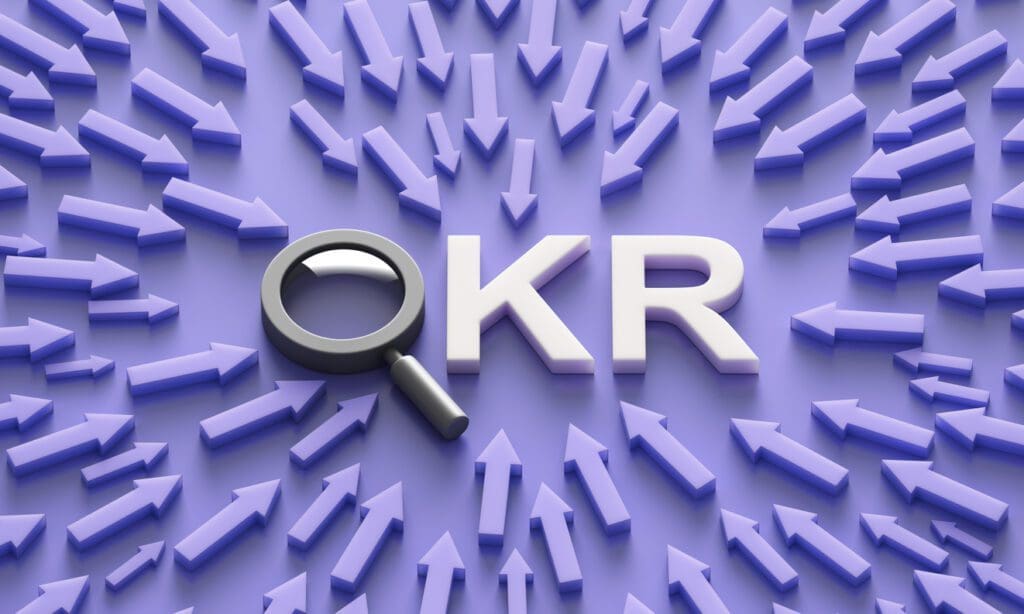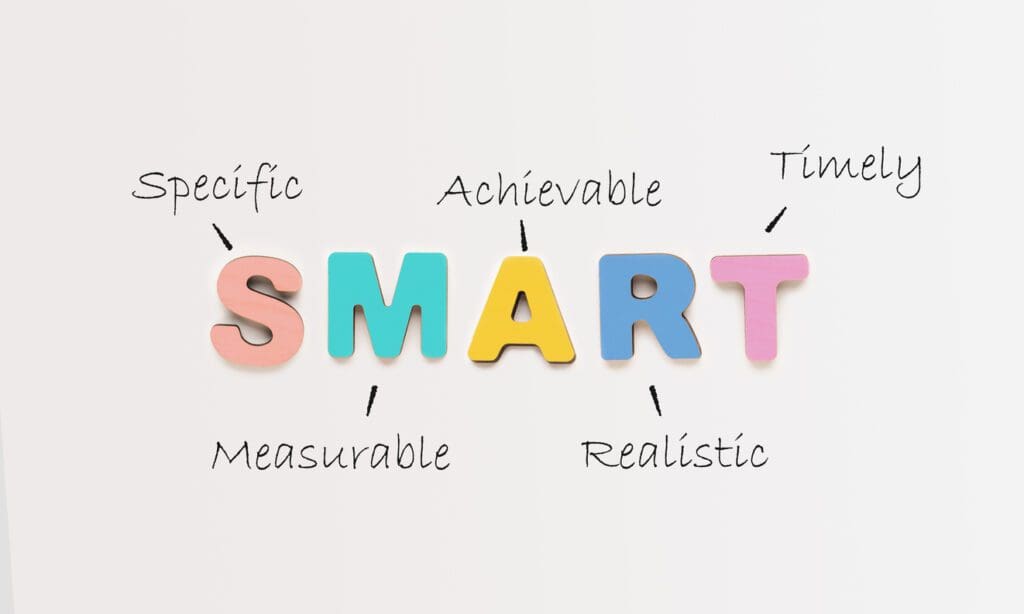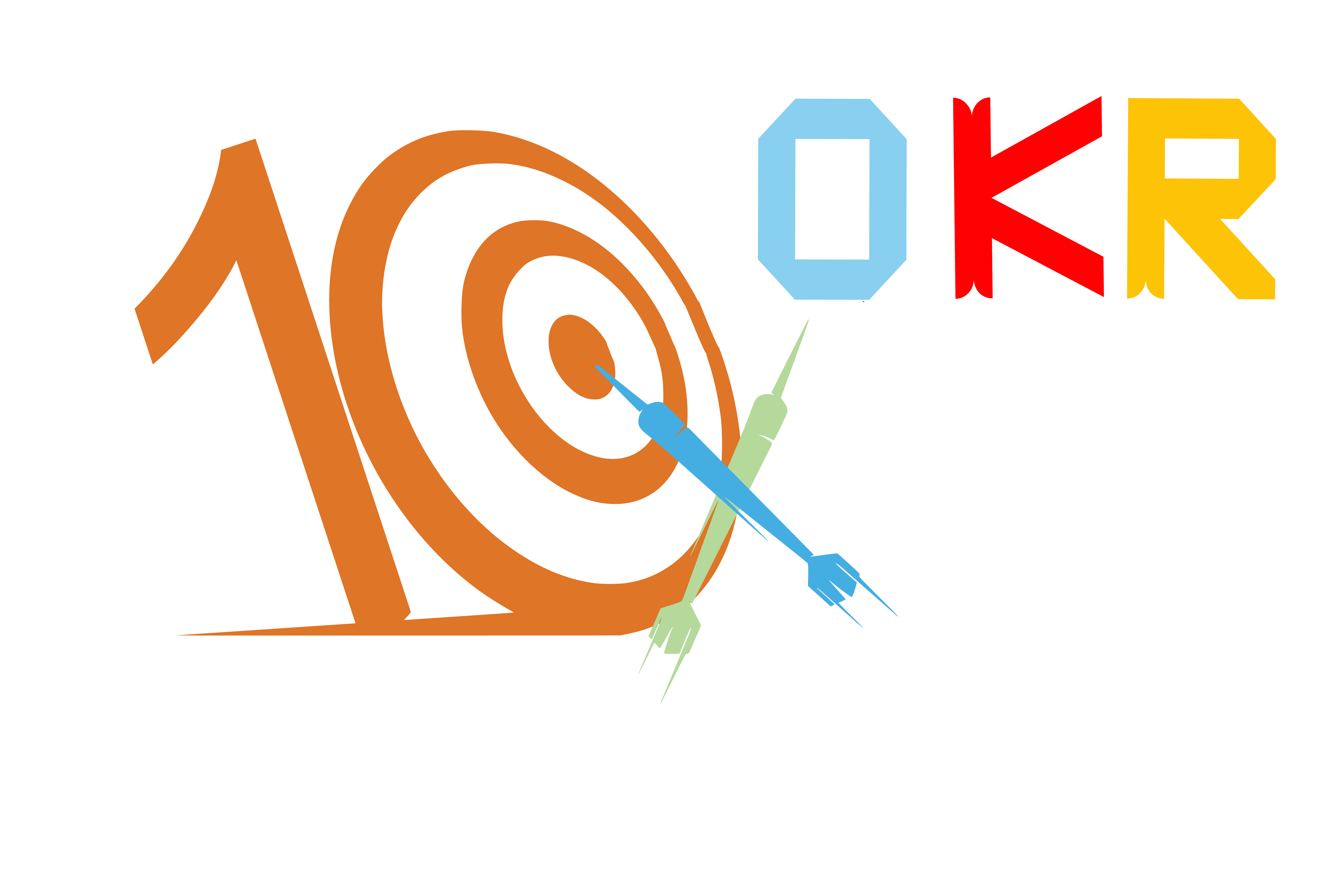Table of Contents
Performance Appraisals and OKRs for Growth & Productivity
In today’s competitive business landscape, organisations strive to achieve excellence and drive continuous improvement. To achieve these goals, businesses rely on effective performance appraisals and Objectives and Key Results (OKRs) to evaluate employee performance and align it with strategic objectives. In this blog, we will explore how performance appraisals and OKRs work hand in hand to foster growth, enhance productivity, and unlock the full potential of individuals and teams.
Performance Appraisals: A Foundation for Growth
Performance appraisals provide a structured framework for evaluating and assessing employee performance. They serve as a valuable communication tool between employers and employees, enabling constructive feedback, identifying areas for improvement, and recognizing achievements. By setting clear expectations and establishing regular performance evaluations, organisations create a culture of accountability and continuous learning.
The Power of OKRs in Driving Results
OKR framework that allows organisations to define and measure goals and key outcomes. By aligning individual and team goals with the strategic goals of the organisation, OKRs create a shared sense of purpose and focus. Transparency in OKRs fosters collaboration, increases employee engagement, and increases organisational agility. OKRs help employees prioritise their efforts, track progress, and reach ambitious goals.


Integrating Performance Appraisals with OKRs
Combining performance reviews and OKRs can yield transformative results. By linking individual performance reviews to OKRs, organisations ensure that employee efforts directly contribute to the organisation’s overall goals. Regular check-ins and feedback sessions provide an opportunity to align individual performance with the desired outcomes stated in the OKRs. This integration fosters a culture of responsibility, motivates employees to perform at their best, and fosters continuous improvement.
How to use OKRs to make performance appraisals more meaningful:
Align OKRs with company goals
The first step is to ensure that individual OKRs are aligned with the company’s overall goals. This will help to ensure that everyone is working towards the same objectives and that their efforts are contributing to the overall success of the company.
Make OKRs specific, measurable, achievable, relevant, and time-bound
SMART goals are a framework used in project management to set Specific, Measurable, Achievable, Relevant and Time-bound objectives. Each component of a SMART goal helps ensure that the aim is well-defined, realistic, and trackable.


OKRs should be specific enough to be actionable, but not so specific that they become too rigid. They should also be measurable so that progress can be tracked. Additionally, OKRs should be achievable, but still challenging. They should be relevant to the individual’s role and responsibilities, and they should be time-bound so that there is a sense of urgency.
Use OKRs to drive continuous improvement
OKRs should not be used as a one-time assessment tool. Instead, they should be used to drive continuous improvement throughout the year. This means regularly reviewing OKRs and making adjustments as needed. It also means providing regular feedback to employees on their progress towards their goals.
Make OKRs a team effort
OKRs should not be set in isolation. Instead, they should be set collaboratively with team members. This will help to ensure that everyone is on the same page and that there is a shared understanding of the goals. It will also help to build alignment and cooperation within the team.
By following these tips, you can use OKRs to make performance appraisals more meaningful, aligned, and actionable. This will help to ensure that your employees are motivated to achieve their goals and that your organisation is successful.
Benefits of the Performance Appraisals and OKR Approach
The combined approach of performance appraisals and OKRs offers numerous benefits for both organisations and employees:
- Goal Alignment: Performance appraisals ensure that individual goals are aligned with strategic objectives, resulting in a cohesive and focused workforce.
- Improved Communication: Regular feedback and check-ins facilitate open and honest communication, fostering a positive work environment.
- Continuous Learning: Performance appraisals identify skill gaps and development areas, enabling targeted training and professional growth.
- Increased Motivation: Linking individual performance to OKRs creates a sense of purpose and motivation, driving employees to exceed expectations.
- Enhanced Performance Tracking: OKRs provide a clear roadmap to measure progress and evaluate success, allowing for data-driven decision-making.
Wrapping Up!
Performance appraisal and OKR are two important tools that can be used to improve employee performance. Performance appraisal is a formal process for evaluating an employee’s job performance, while OKR is a goal-setting framework that helps employees focus on achieving specific, measurable results. When used together, performance appraisal and OKR can help to create a more effective and efficient workforce.
In addition to the benefits mentioned above, performance appraisal and OKR can also help to:
- Identify areas for improvement
- Provide feedback and coaching
- Track progress over time
- Celebrate successes
If you are looking for ways to improve employee performance, performance appraisal and OKR are two tools that you should consider using.
If you are not currently using performance appraisal and OKR, we encourage you to give them a try. Sign up for free to execute your OKR tracking strategies starting today!



